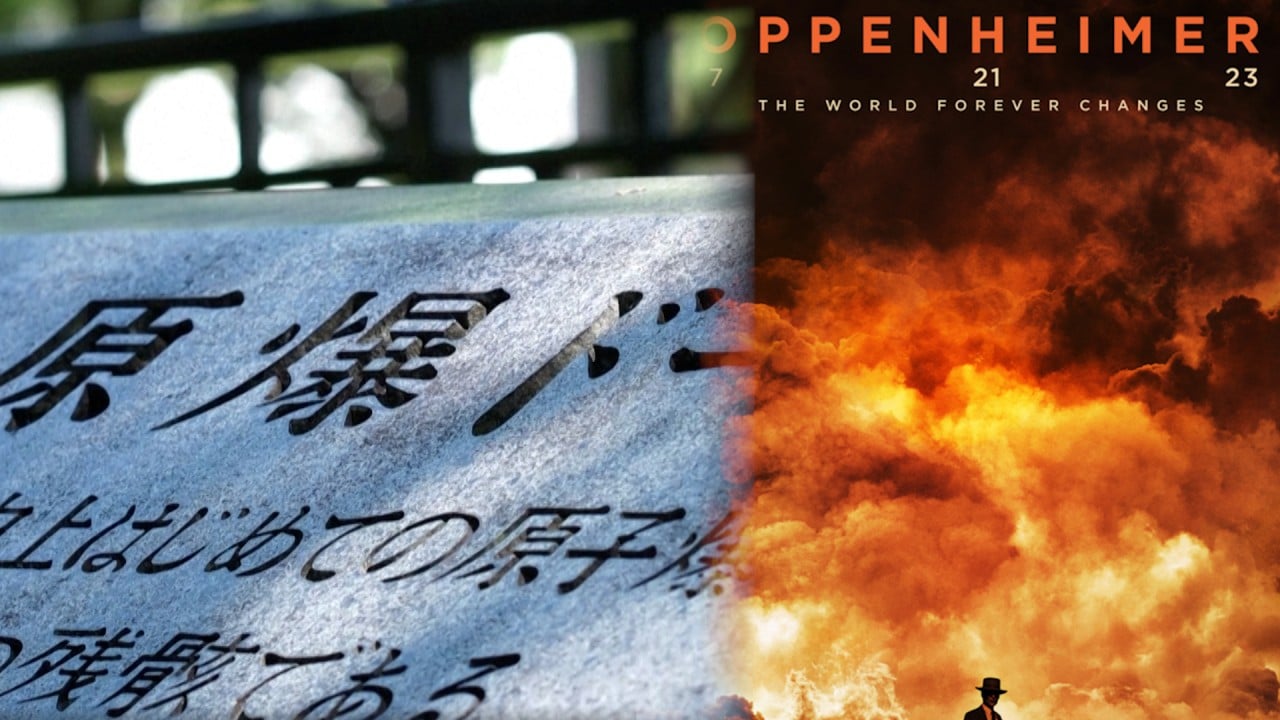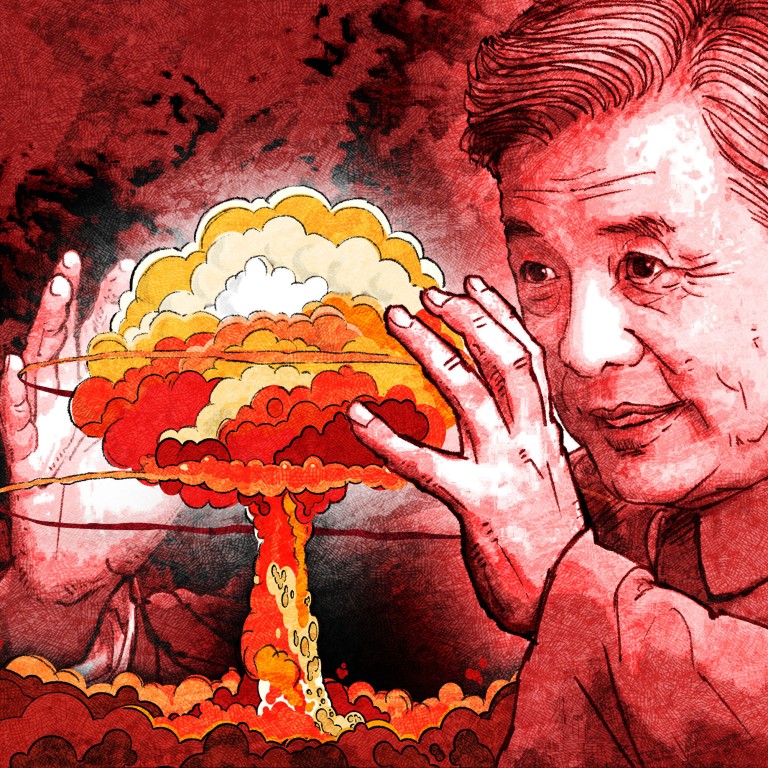
How China’s ‘father of 2 bombs’ only emerged from the shadows just before his death
- ‘Sincere and modest’ Deng Jiaxian, who developed country’s first atomic bomb, was said to be diametrically opposed in character to Oppenheimer
His wife Xu Luxi later recalled that six years earlier, when he was first appointed to the job he could not tell his closest family what he would be doing or his whereabouts in the coming years.
He was not even allowed to visit his seriously ill mother while working on the project and only just made it to her deathbed after the test was successfully completed in October 1964.
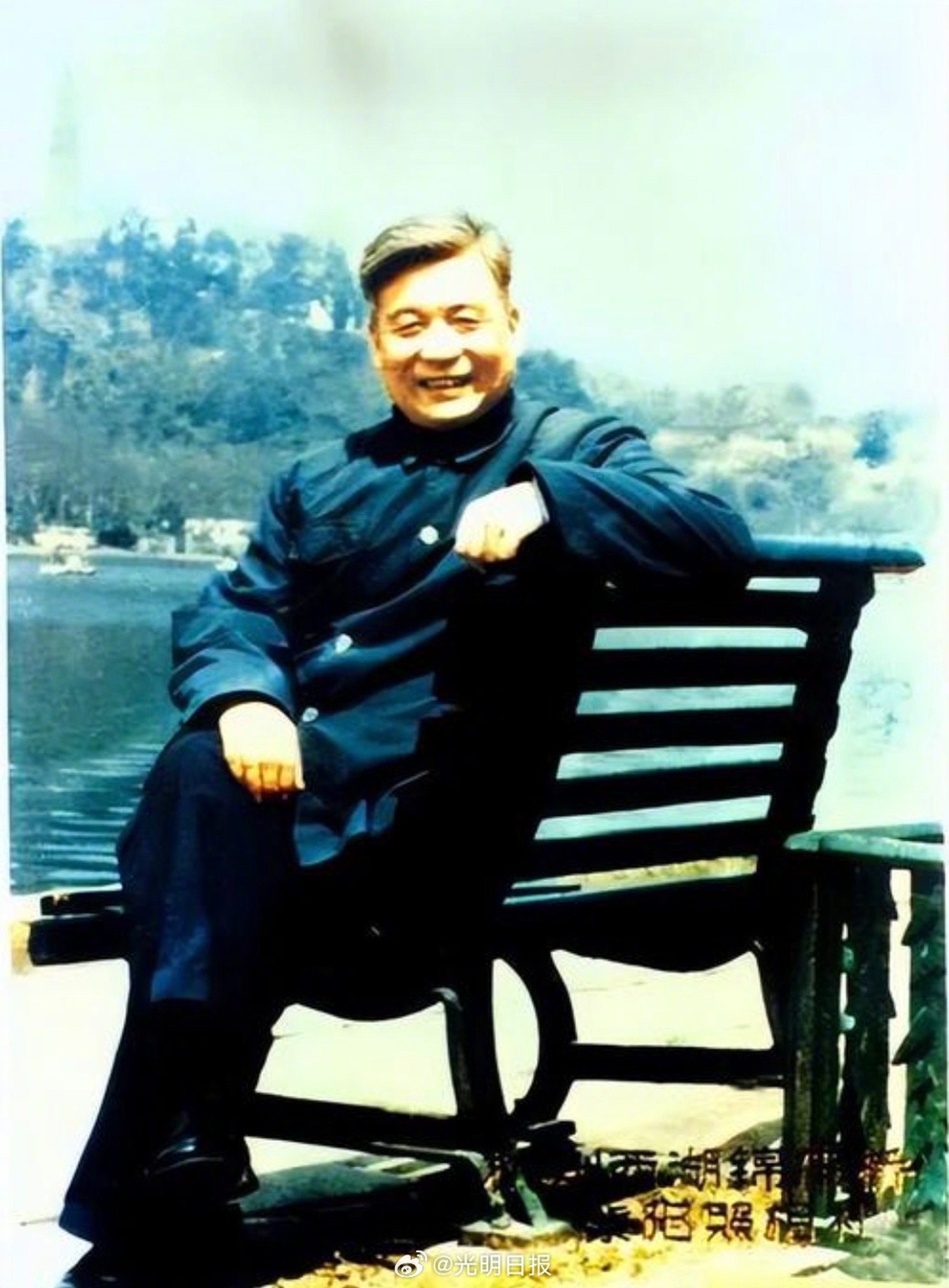
Tuesday marks the centenary of the birth of Deng, the physicist who played a key role in developing China’s atomic and hydrogen bombs and who has now become a totemic figure in the story of China’s military development known as the “father of two bombs”.
Even his response to the test was more prosaic than Oppenheimer’s. While the American physicist quoted the Bhagavad Gita line “Now I am become Death, the destroyer of worlds” after testing the first atomic bomb, according to his family Deng only said: “It’s worth dying for.”
In contrast to Oppenheimer, the “restless genius, never missing any chance to display his superiority”, Deng was “always sincere and modest, and never tried to show off”.
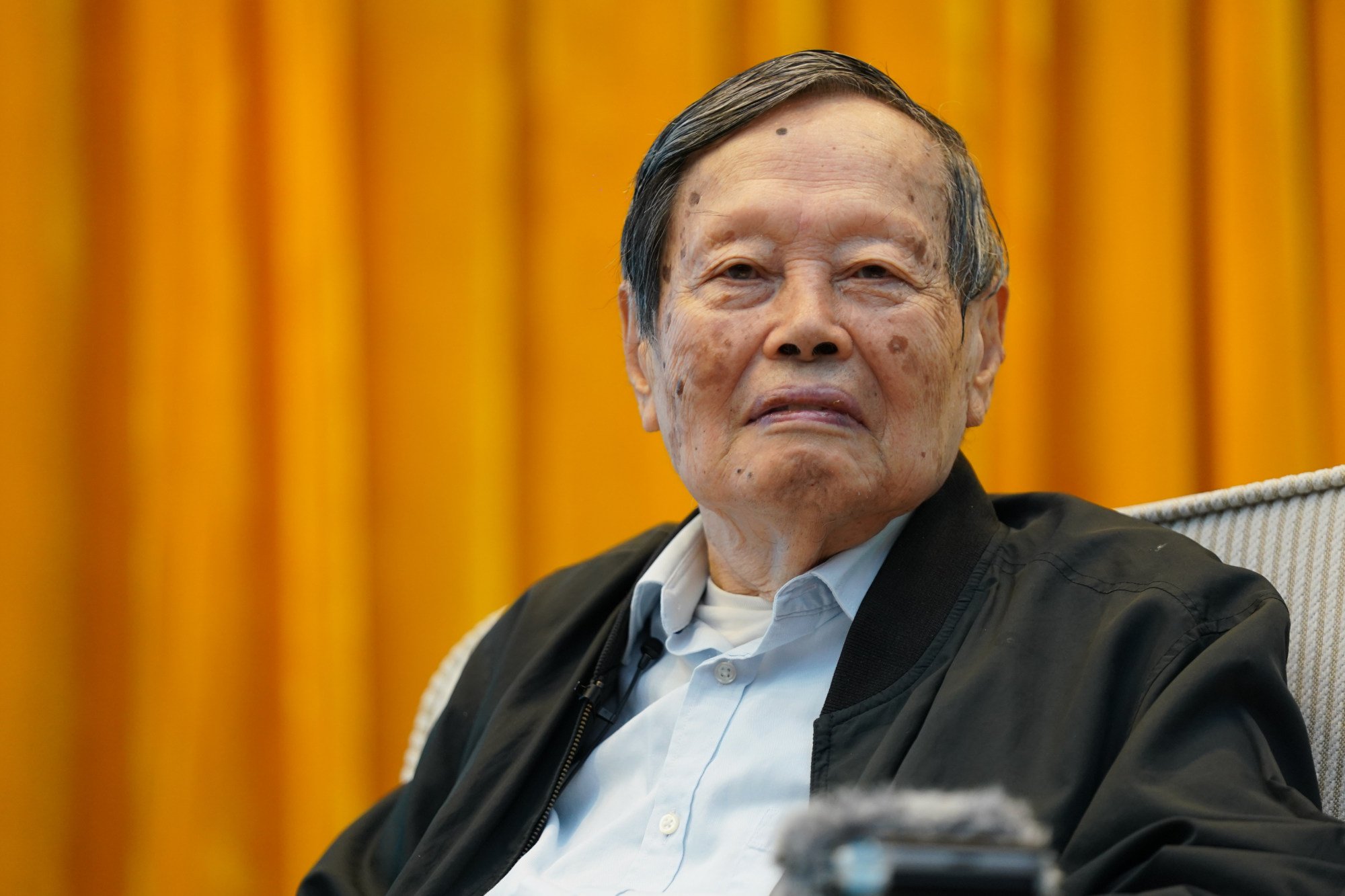
“Of all the intellectuals I had known, Chinese or otherwise, Deng was the one with the truest simple honesty of Chinese peasants,” Yang wrote in 1993.
“I believe if Deng had been an American, he could not have succeeded in leading the American atomic bomb project. Likewise, if Oppenheimer had been Chinese, he could not have succeeded in leading the Chinese atomic bomb project.”
Deng was born in 1924 in Anhui to an intellectual family and raised with the principle of “being useful to the country” to the fore.
He became a war refugee when the Japanese occupied Beijing, then known as Peiping, where his family had been living. He then continued his studies first in Yunnan province, enduring frequent air strikes, and then in America at Purdue University, where he completed his doctorate in under two years in 1950.
Nine days after graduating, the 26-year-old took a ship back to the newly established People’s Republic of China. He said he had decided to move quickly as he sensed the political mood was souring, especially since the start of the Korean war in June that year.
It was just in time. Two months later direct links between the two countries were cut off after China entered the war on the North Korean side.

In 1958, Deng was chosen to take charge of China’s nuclear weapons programme, which later became known as Project 596, heading a team of recent graduates with an average age of 23 years old, later augmented by several more experienced scientists and technicians.
By September 1963 they had designed a fuelled implosion bomb following a completely different technological route than the existing nuclear powers, successfully testing the atomic device just over a year later in the Lop Nur test in the deserts of Xinjiang.
Deng immediately turned his attention to developing a hydrogen bomb, working closely with lead designer Yu Min, a lifelong friend, to develop a road map to greatly shorten the time and cut costs on the project. Their plans paid off when China successfully tested its first thermonuclear device in less than three years in June 1967.
By this time the Cultural Revolution was already under way, bringing chaos and factional feuding to the nuclear research institute, but Deng – who tried to stay above politics – convinced the fighting factions to go back to work by telling them “Our first hydrogen bomb has to go off before the French!”
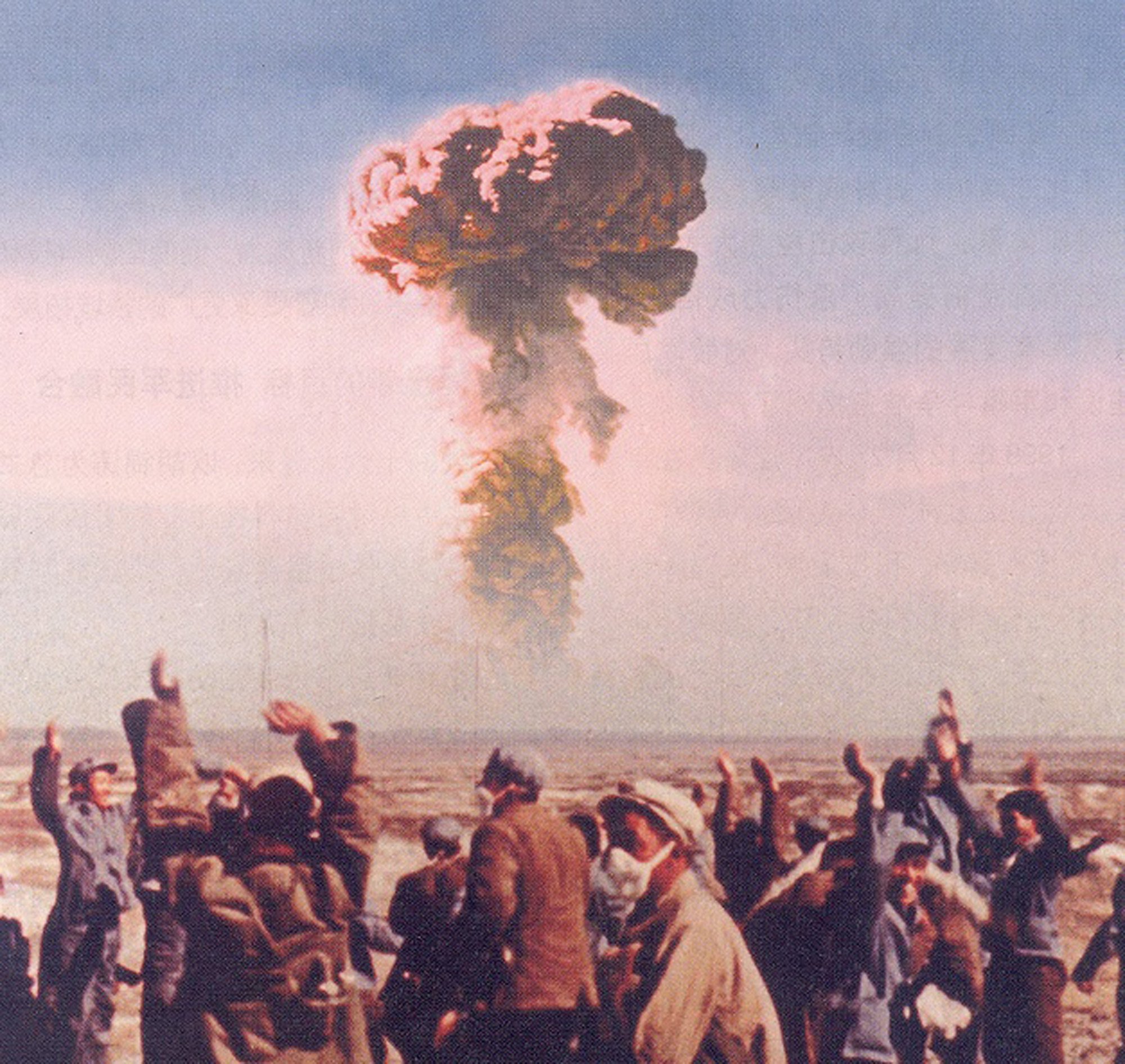
But he could not escape the turmoil that swept China in that era. His sister had a breakdown and subsequently died, his wife was attacked at work and his daughter sent down to the country aged 14, while Deng himself was the target of intense public criticism.
“Those blows against him and the family could not be considered small, but the resilience of his character was such that once the blow had passed, he was soon able to return to normality as he had always done. He was never discouraged, let alone broken, and as soon as his circumstances improved a little, he went about trying to fulfil his work plans and moved towards his set goals,” his wife Xu said later.
There are some echoes of Oppenheimer’s own experiences, when he lost many friends and his security clearance after being denounced as a suspected communist during the McCarthyite “red scare” of the 1950s.
But unlike the American, Deng was never able to express any public doubts or discuss the moral dimension of his work. Instead, he is reported to have said he was focused on keeping up with the world’s superpowers so that his country would no longer face the danger of invasion or war.
“Jiaxian had a uniquely purposeful life, consciously directed, without hesitation, without regrets,” Yang said.
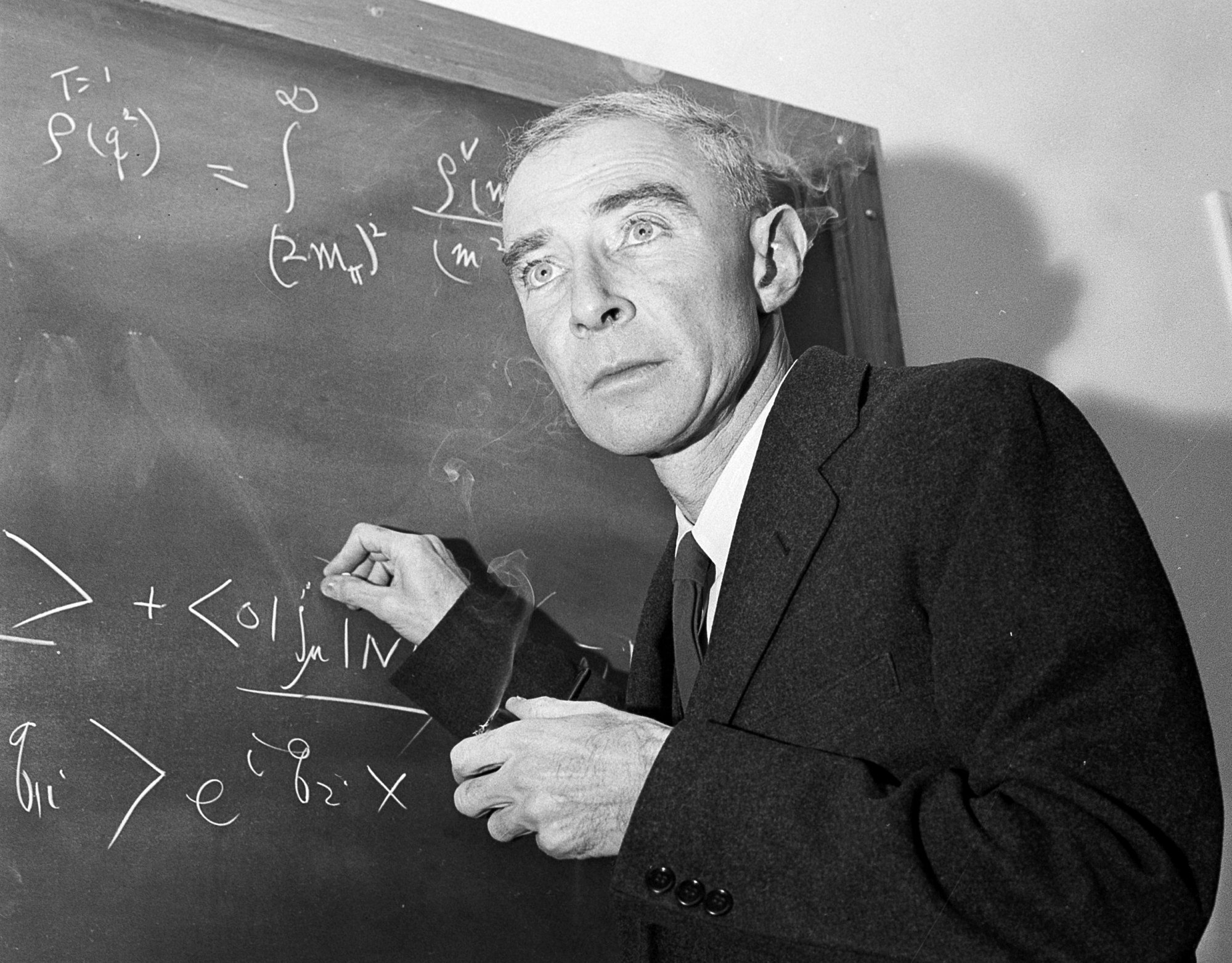
This motivation drove him to continue research into the neutron weapon into the 1980s and even while dying of cancer he continued working with Yu on plans to accelerate nuclear tests, the last of which was held on July 29, 1996 – the 10th anniversary of Deng’s death.
Deng’s wife later said he had told her to send it from the hospital ward immediately once it was finished, saying “this is bigger than your life and mine”.
“Without this proposal to accelerate the nuclear testing process, there would be no new generation of nuclear weapons; and without this new generation of nuclear weapons, it’s hard to imagine what our country’s national defence would look like today,” his former student and colleague Hu Side wrote in a book published this year.
Some recommendations in the still-classified document include accelerating nuclear tests before joining the Comprehensive Nuclear-Test-Ban Treaty, developing some new weapon technologies, and beginning nuclear arms control study, according to Hu.
Deng’s cancer was probably due to a close contact with plutonium after a failed test in 1979, after which he insisted on helping to search for the exploded debris from the bomb, exposing himself to heavy radiation in the process.
His friend Yang Chen-ning, who followed a different course in life by staying in the US to continue his research and enjoying the public acclaim that came with his Nobel Prize, said Deng had once told him they “shared a common path even if miles apart”.
Describing his friend as “closer than a brother”, he said that meeting Deng in 1971 on his first trip back to China in more than 20 years had changed his life.
“That visit was a very, very important part of my life,” Yang told his 100th birthday celebrations in 2021.
“I can tell [Deng] confidently that the second 50 years of my life was in line with his expectations of a ‘common way’, and I believe you will be happy with that.
“Deng personally exemplified the highest spirit of devotion idealised by thousands of years of Chinese tradition.”


